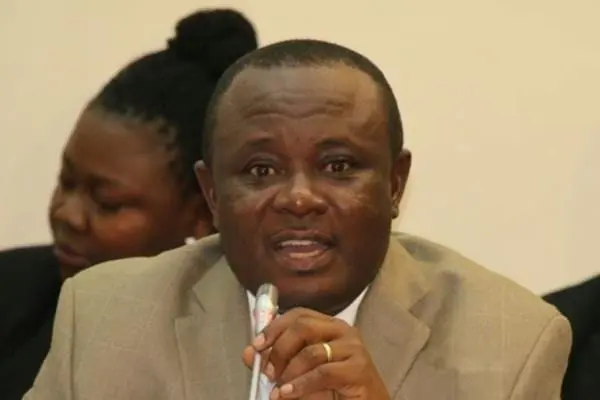Deputy Speaker can vote in Parliament – Supreme Court
Justice Jones Dotse ruled that the Deputy Speaker of Parliament participation in voting was constitutional.
The Supreme Court has dismissed an application to pronounce as unconstitutional, First Deputy Speaker Joseph Osei Wusu’s action of counting himself for the purposes of quorum.
Justice Jones Dotse ruled that the Deputy Speaker of Parliament participation in voting was constitutional.
Private legal practitioner and law lecturer, Justice Abdulai subsequent to the November 30, 2021 clash between Speaker Bagbin and his First Deputy after the latter overturned an earlier vote of the House rejecting Government’s 2022 Budget invited the Supreme Court to pronounce as unconstitutional, Deputy Speaker, Joseph Osei Owusu’s action of counting himself for the purposes of quorum.
He argued in the context of articles 102 and 104 of the 1992 Constitution that the Deputy Speaker was not permitted to count himself for the purposes of quorum, since he had neither an original nor a casting vote as Speaker presiding.
But the 7-member panel of justices ruled that the Member of Parliament for Bekwai exercised his right constitutionally.
The SC struck out the standing order 109(3) which says a Deputy Speaker or any other member presiding shall not retain his original vote while presiding.
It furthered that the Deputy Speaker can be counted during the quorum for decision making according to article 104(1)
Justice Jones Dotse noted that the full ruling will be made available on Friday, March 11.
Source: 3news.com|Ghana


